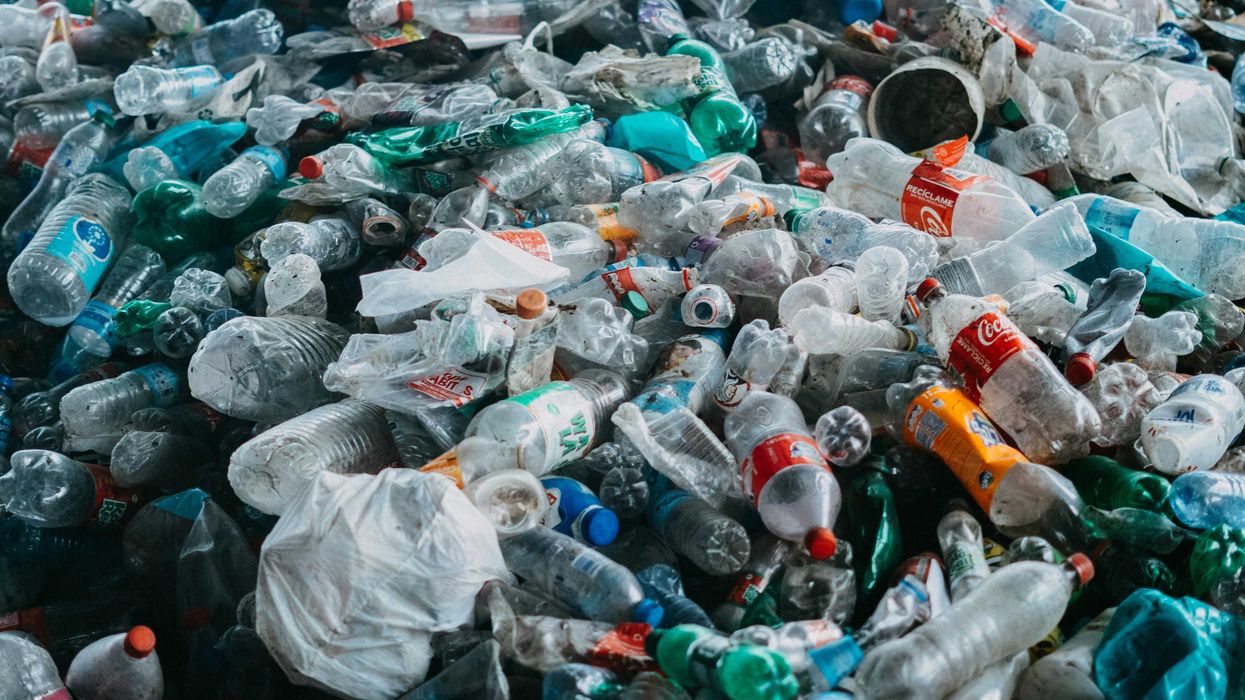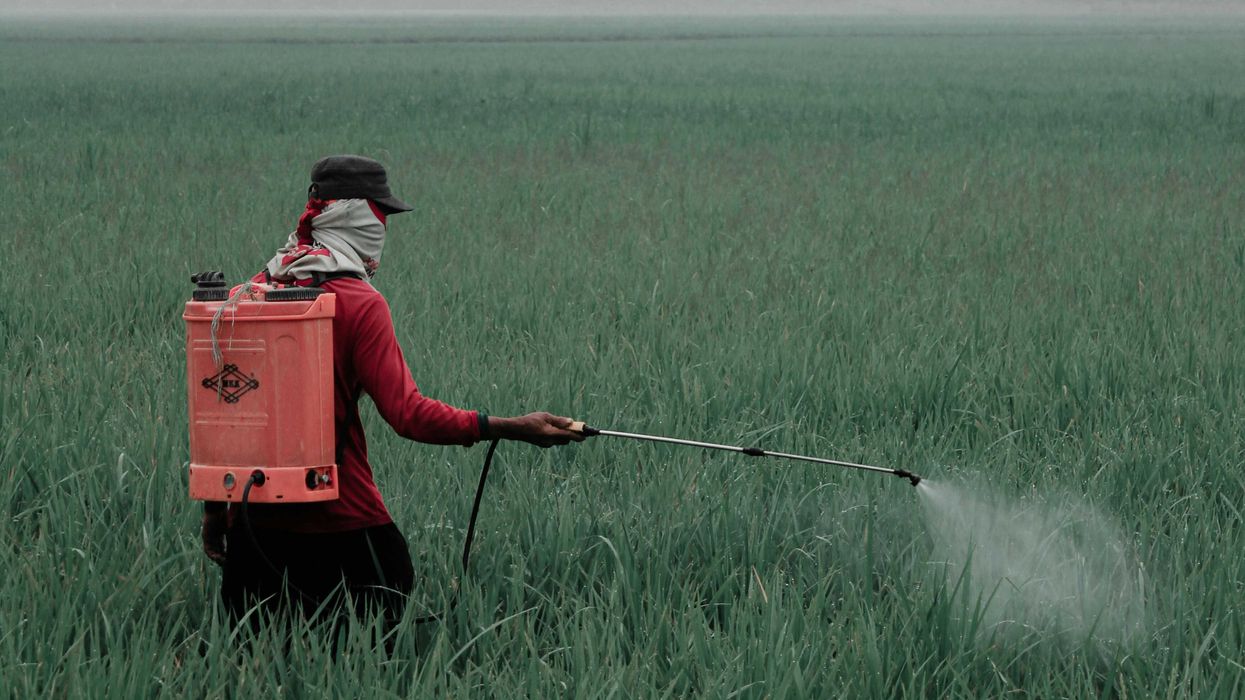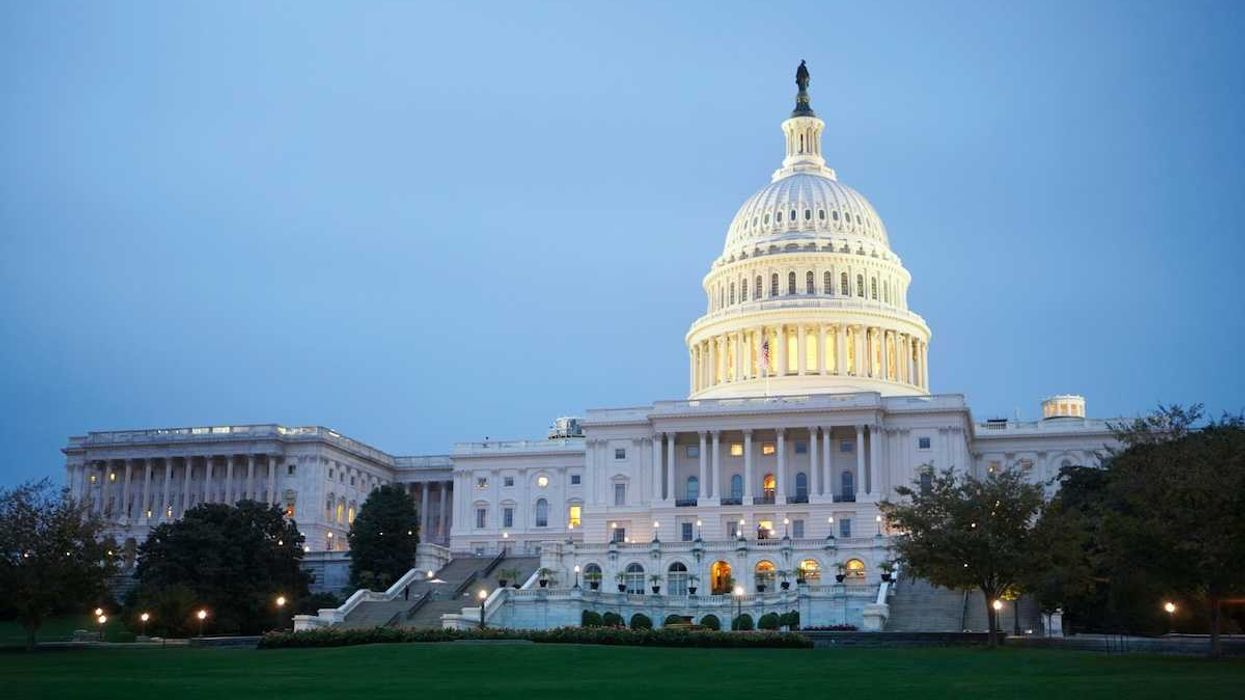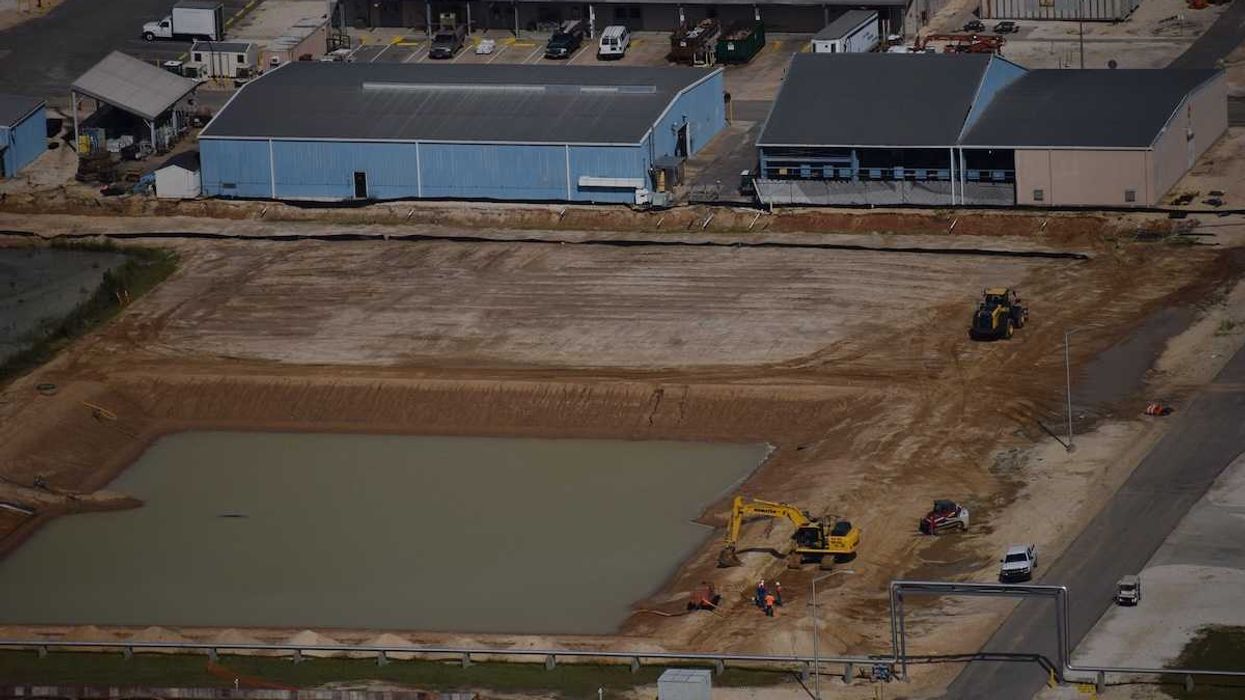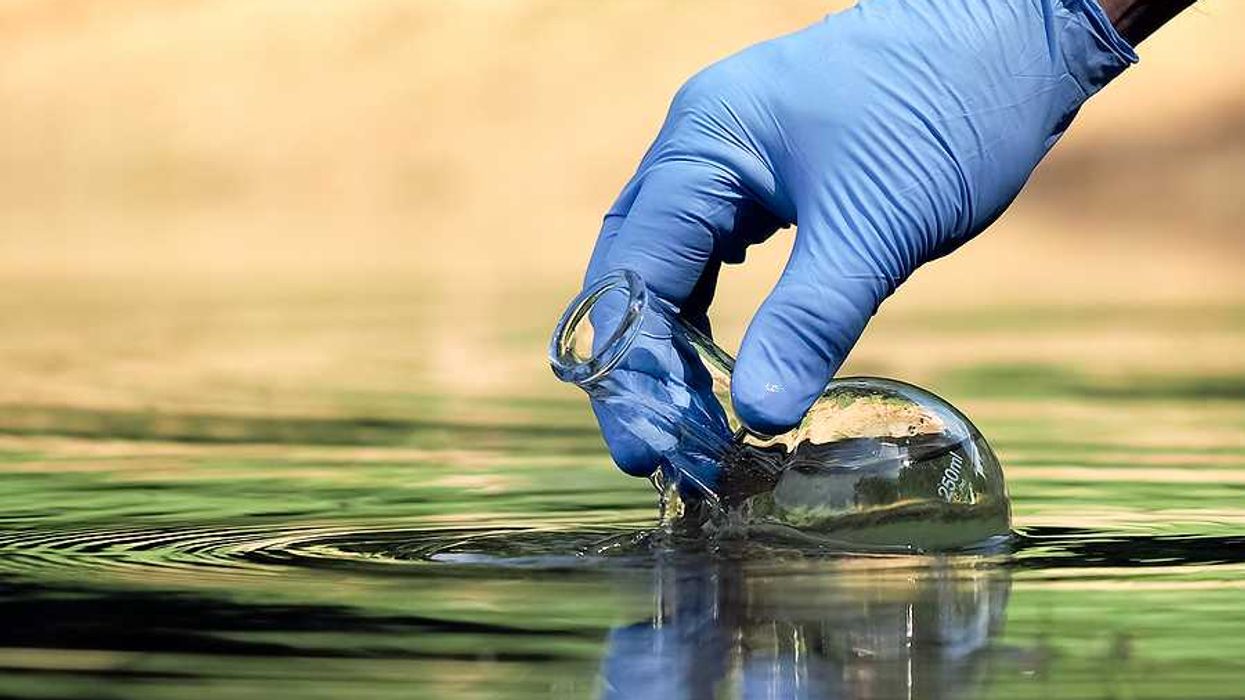Hawaiʻi officials have rejected the Army’s environmental impact statement for Pōhakuloa Training Area, signaling increased resistance to military land use as long-term leases near expiration.
Blaze Lovell and Thomas Heaton report for Honolulu Civil Beat.
In short:
- The Hawaiʻi Board of Land and Natural Resources rejected the Army’s environmental review for Pōhakuloa, citing outdated biological surveys and an incomplete inventory of cultural and archaeological sites.
- Activists, including Native Hawaiian leaders and educators, argued that the Army has failed to address environmental degradation and historical trauma linked to its land use.
- The military’s options now include revising the study, appealing to the state Environmental Council, or pursuing land purchases, swaps, or renegotiated leases, all likely to face public scrutiny and legal hurdles.
Key quote:
“We have this terrible kaumaha, this terrible historical taste in our mouth.”
— William Aila, former chair of the Hawaiʻi Board of Land and Natural Resources
Why this matters:
Native Hawaiian communities, once sidelined, are increasingly using legal, political, and scientific tools to challenge federal authority over ancestral lands. The debate is not just about live-fire drills or artillery training — it’s about sovereignty, environmental stewardship, and cultural survival. Pōhakuloa Training Area, nestled between the sacred Mauna Kea and Mauna Loa, represents one of the last remaining Pacific sites for large-scale U.S. military exercises. But it’s also home to endangered species, significant cultural sites, and generations of community resistance. As tensions rise, there’s renewed concern about unexploded ordnance, contamination, and whether federal agencies have fulfilled their obligations to clean up and care for the land. The looming possibility of federal land seizures under a Trump administration adds a layer of urgency and historical resonance.
Related: Navy faces lawsuit from thousands over Hawaii water contamination


